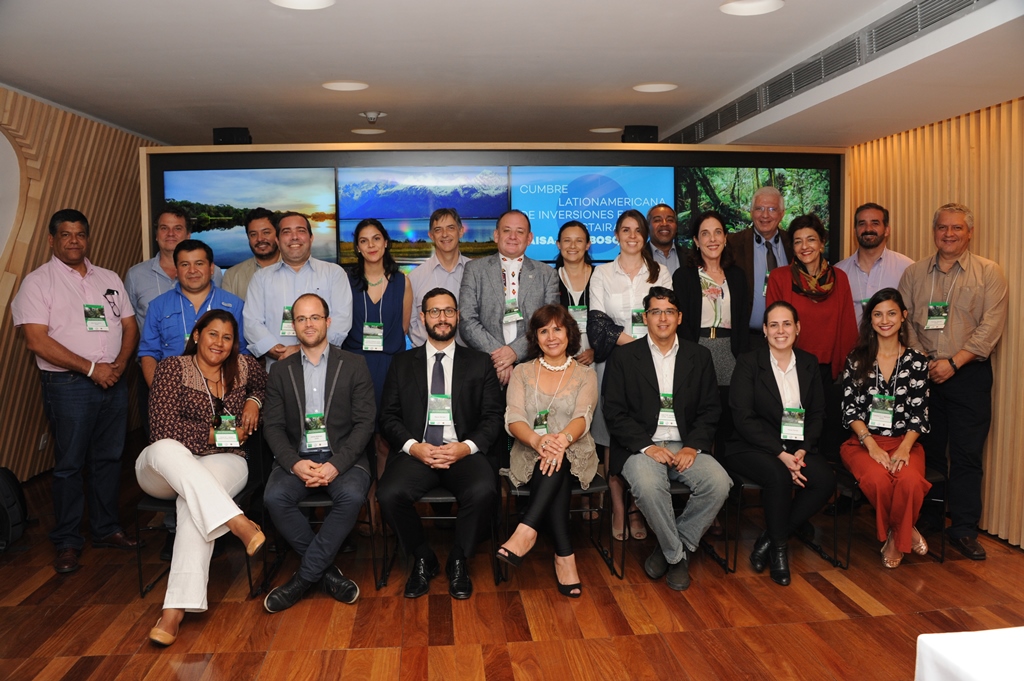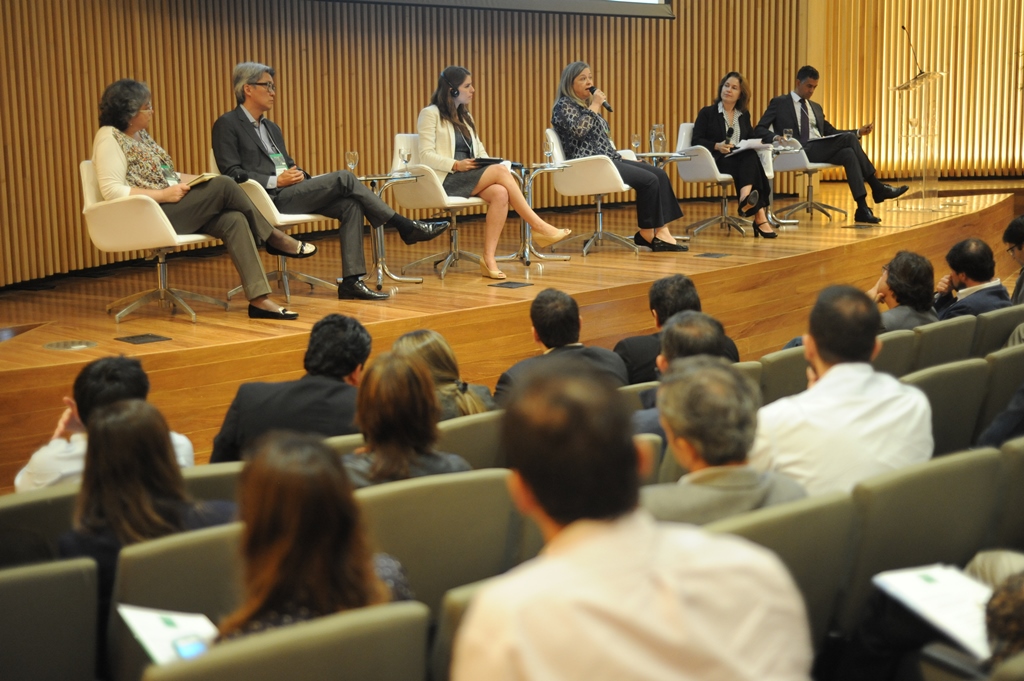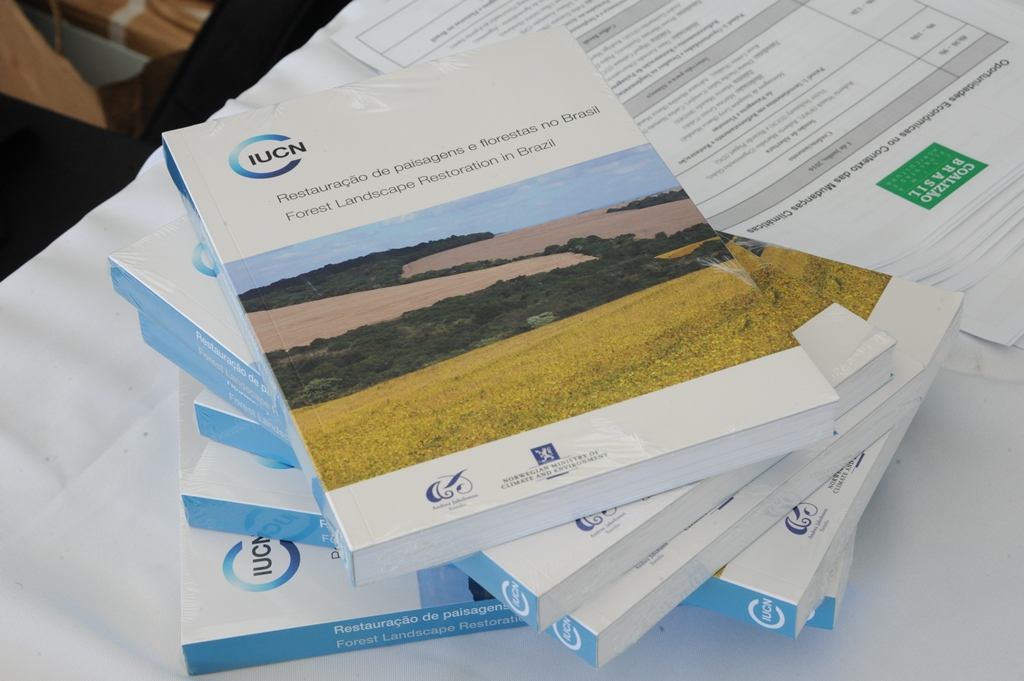Seminar addressed challenges and opportunities for low carbon economy
On June 1st and 2nd, businessmen, economists, researchers and environmentalists discussed the pillars of the low carbon economy, especially regarding forest and landscape restoration in Brazil and in Latin America. The event took place at The Museum of Tomorrow, Rio de Janeiro, and was free-access to the society.ono, com ênfase em reflorestamento e restauração de paisagens no Brasil e na América Latina. O evento aconteceu no Museu do Amanhã, na cidade do Rio de Janeiro, e foi gratuito e aberto para a sociedade.
The Brazilian Coalition on Climate, Forests and Agriculture, the International Union for Conservation of Nature (IUCN), the Museum of Tomorrow and the World Resources Institute (WRI) promoted the seminar entitled Economical Opportunities in the Climate Change Context on June 1st and 2nd in Rio de Janeiro, Brazil. Government representatives from Brazil and other Latin America countries, business and civil society leaders were present and contributed to the debate.
The main objective was to discuss opportunities, parameters, challenges and actions needed to implement low emissions based economy, once the Paris Agreement was signed in April by a record number of countries and will be ratified by next year, including Brazil.
Considered the main ally to curb climate change that currently threaten life as we know, this new economy has the forest and landscape restoration as one of its foundations, which generates novel opportunities for investments, profits and generation of jobs and income.
Latin America and the Caribbean had, in the last few years, more than 40% (650 million hectares) of their forests cleared or degraded due to, mainly, urbanization and agriculture expansion. Nowadays, it is estimated that approximately 10% of the annual carbon emissions in the world are caused by deforestation – it is equivalent to the emissions of the entire existing car and truck fleets in the world. Moreover, it is known that the forest and landscape restoration can neutralize up to 30% of the global emissions, in addition to providing benefits like biodiversity conservation, river basins protection, food security, soils preservation and indigenous people safeguard.
Aligned with the Paris Agreement
Besides the restoration agenda, theme of one of the seven working groups within the Brazilian Coalition, the seminar also addressed key issues for the movement: low carbon agriculture, bioenergy, Forest Code, international cooperation, tropical forest economy, carbon valuing and economic mechanisms. The agenda also included panels about climate change and especially the measures needed to implement the Brazilian targets for the Paris Agreement.
Latin American Summit
In parallel to the seminar, we also promoted the Latin American Summit on Forest and Landscape Restoration Investments to discuss challenges and opportunities for the region. With representatives from more than 12 countries, the summit stablished the general guidelines for a regional strategy to ensure that the efforts undertaken in Latin American countries regarding the implementation of forest and landscape restoration policies are integrated and, thus, can generate better results, potentialized by international cooperation. This way, it will be possible to collectively build a network to coordinate regional actions that can attract investments and promote the role of the region in the international scenario.
Book Forest Landscape Restoration in Brazil
The seminar also counted with a lot of celebration in the launching cocktail of the book Forest Landscape Restoration in Brazil, the most recent publication of UICN in the country. The book is a result of a long and productive process and was built by several hands. There are more than 40 co-authors that bring their different perspectives on the construction of a positive agenda for the forest and landscape restoration in Brazil.
More Information: uicn.brasil@iucn.org



